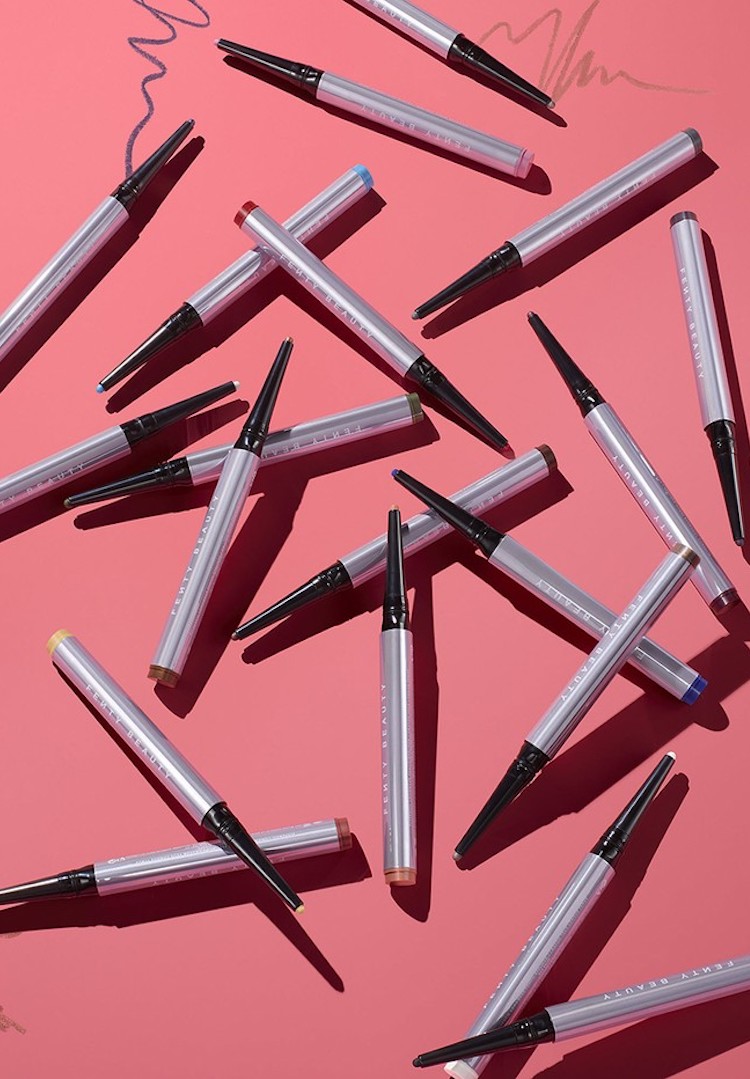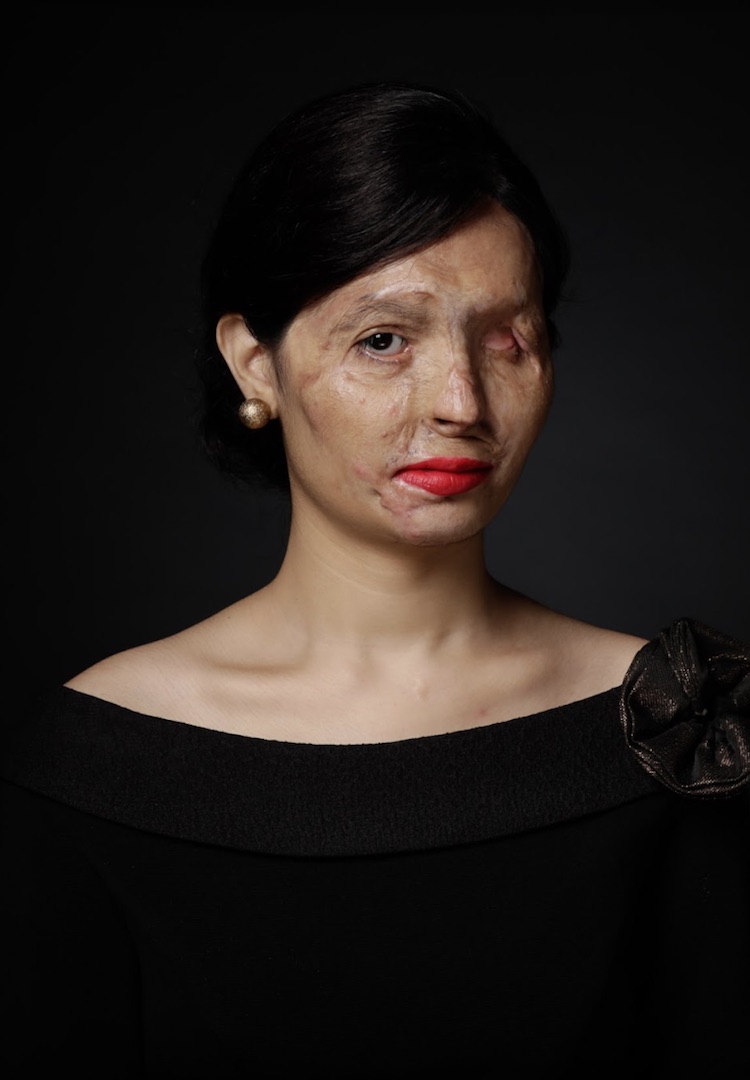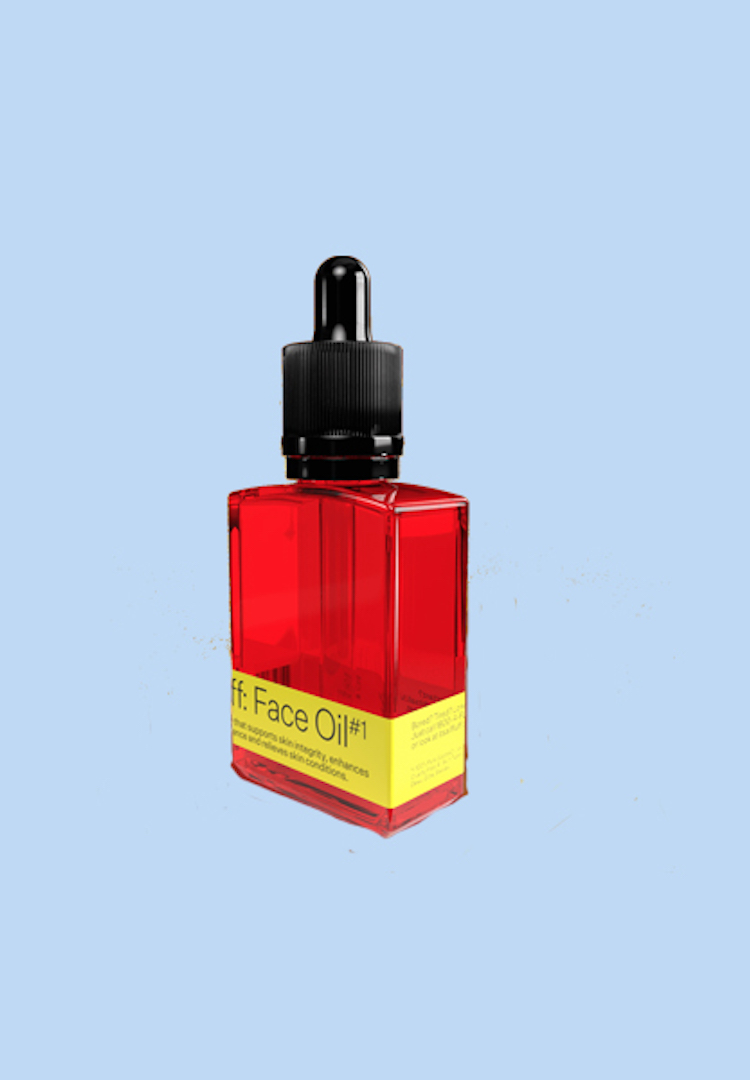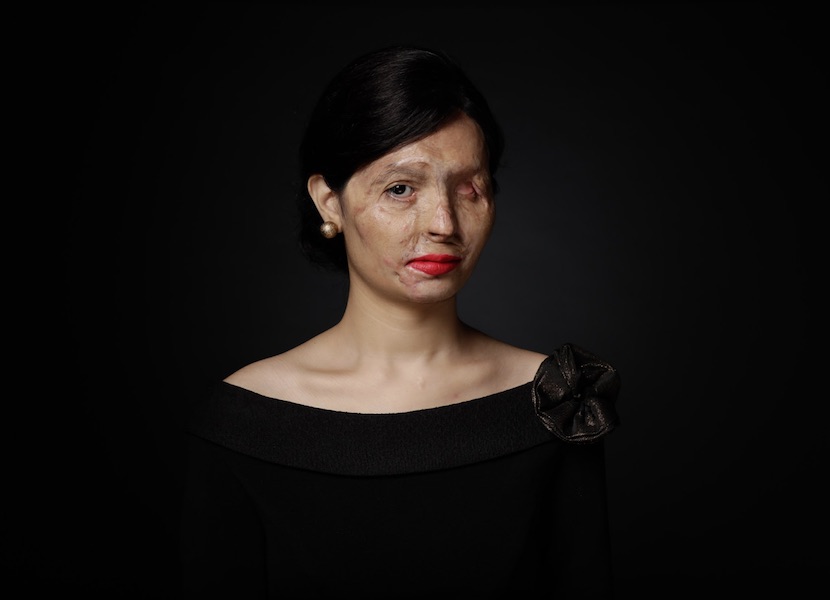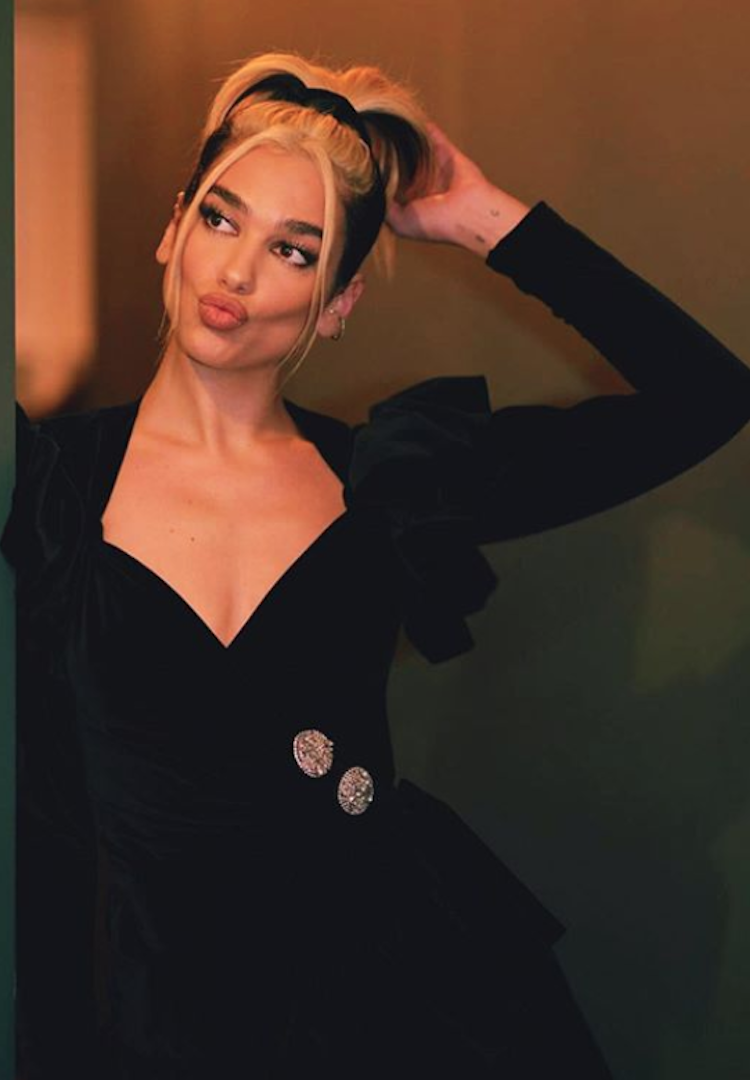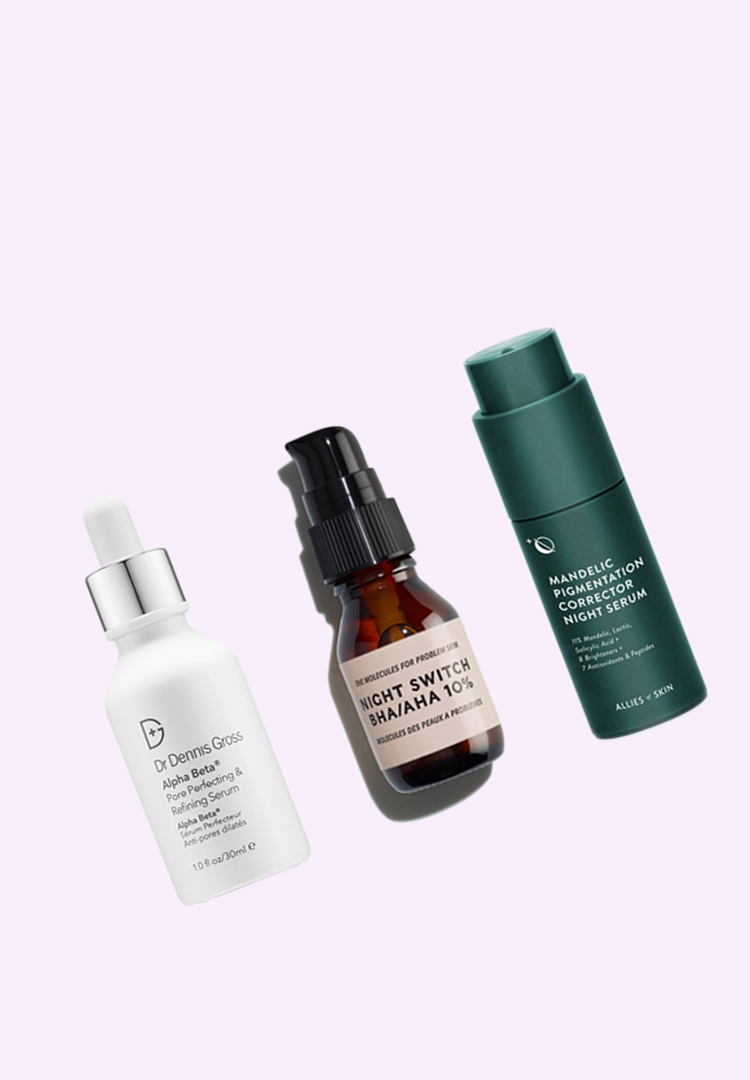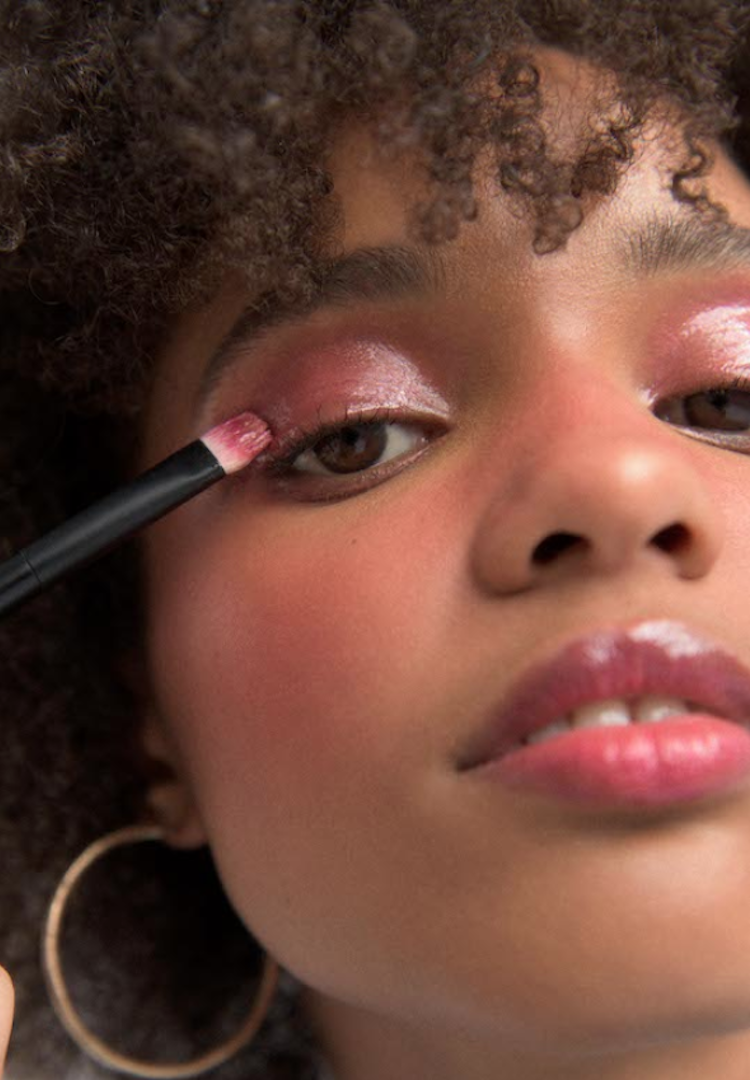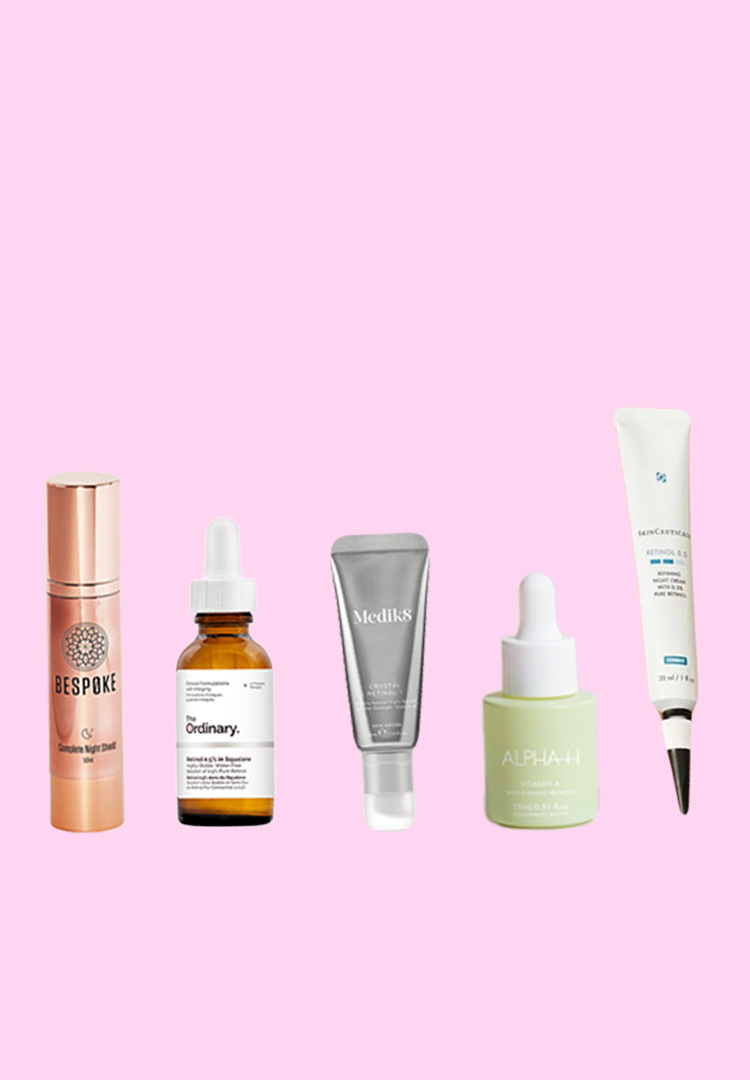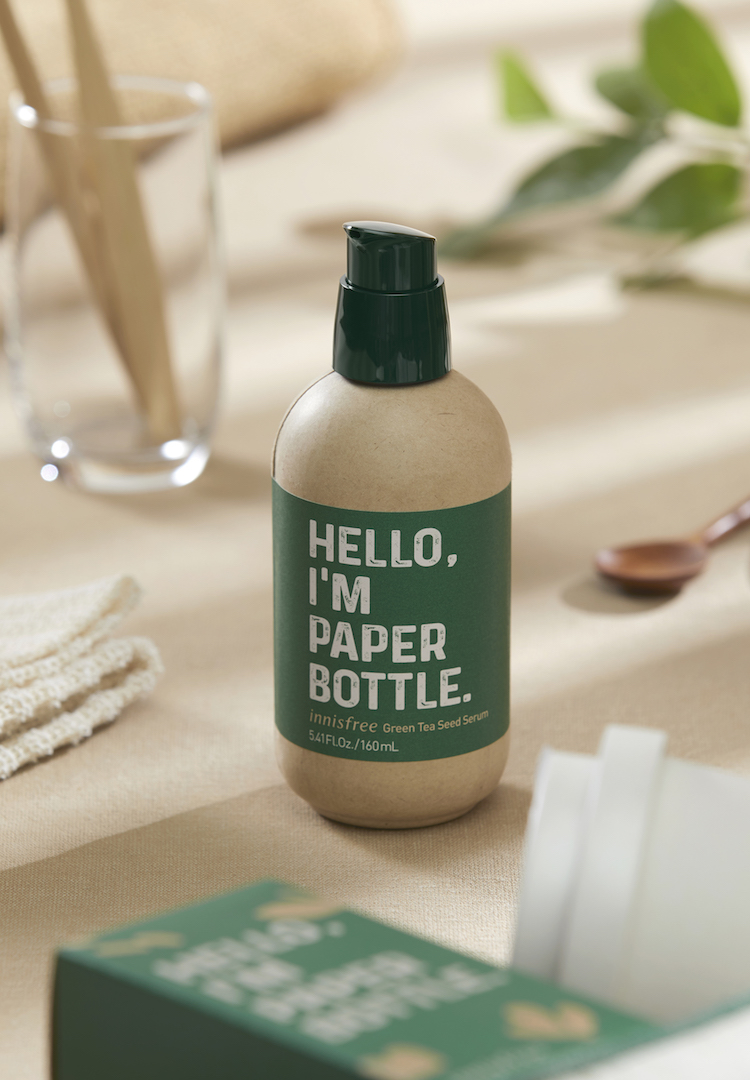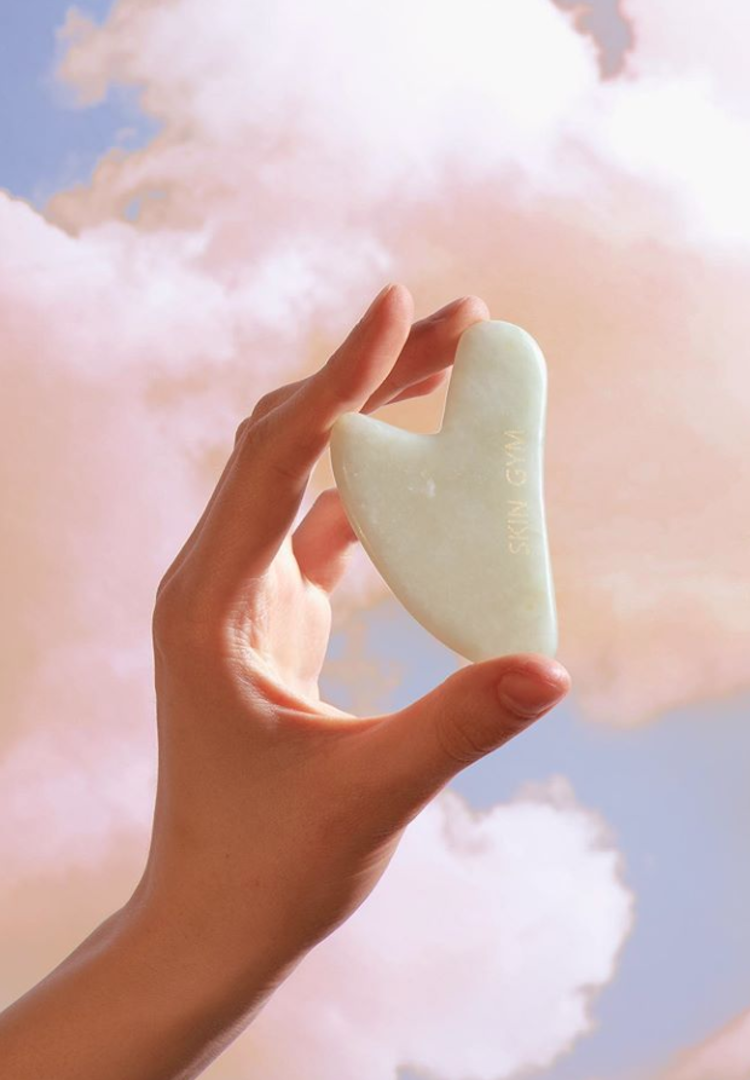Reshma Qureshi is an Indian beauty vlogger who survived an acid attack, and now uses makeup as a tool for self-expression
Images via Vinit Bhatt and Make Love Not Scars
Words by Matthew O’Leary
“I have learnt to live for myself. Hopefully my efforts are giving strength to others.”
From the outside, the world of makeup is glossy and glamorous. People are bubbly and clever. Confidence is by the truckload. But the concept of beauty is a tricky one, and once in a while the misogyny historically interwoven with beauty standards rears its ugly head.
This is one of the political undercurrents of the beauty industry, but it’s no foreign concept to those working within it. Stereotypes are constantly being disturbed, and rightfully so. It’s hard to grapple with the fact that the link between how we see ourselves and how others see us is influenced by how we look, present and express ourselves.
To know firsthand that appearances are so influential is both a blessing and a burden.
Just five years after surviving an acid attack on the streets of Mumbai, 22-year-old Reshma Qureshi inhabits this space between empowerment and vulnerability.
At 17 years old, Reshma was left permanently disfigured after she was attacked with sulphuric acid. She lost vision in her left eye and sustained serious tissue scarring to her facial muscles.
Reshma is one of countless survivors of acid attacks on women in India, but her circumstances are a little different. Many motives for such assaults include rejections of marriage proposals or sexual advances. Reshma’s attacker, however, was her sister Gulshan’s estranged husband, along with two other men.
The sisters were walking on the street, on their way to write their exams when they were attacked. Reshma was mistaken for her sister and targeted by the men, suffering life-altering injuries.
She was rushed to hospital but didn’t receive treatment for another seven hours, as doctors refused to attend to her burns until a police complaint was registered.
After the incident, Reshma avoided leaving the house, worried about public reactions to her disfigurement. Where she had previously loved makeup, she lost her passion for it after the attack.
Surgeries and court cases followed, and it wasn’t until much later on that Reshma rediscovered her interest in makeup.
With the support of her family, she dabbled in makeup again, and it became an outlet for self-expression. She began making beauty tutorial videos, adamant that her circumstances would not hold her back.
“Initially I was not even keen on applying makeup,” Reshma says in an interview. “I thought, ‘What was the point when you have scarred your face?’. But then I decided to give people a damn [sic]. There are many who look at me and shudder even now, but I don’t care.”
Her most viral video, Beauty Tips With Reshma, is all about redefining the global beauty ideal.
It appears on the YouTube channel of a non-governmental organisation called Make Love Not Scars, which supports acid attack victims in regaining body positivity. Over two million viewers from around the world have tuned in to the video.
For Reshma, makeup is not a way to attain homogenous perfection in our appearances. It’s a mode for anyone and everyone to play around with their look, have fun and find beauty in their own individualism.
“I keep telling other victims to apply makeup. Everybody deserves it. I have learnt to live for myself. Hopefully my efforts are giving strength to others.”
Her online tutorials end with the message that eyeliner or lipstick is as easy to buy in India as a pot of over-the-counter acid. This campaigning has seen nationwide laws introduced, mandating the presentation of identification when buying acid.
Now the face of NGO Make Love Not Scars, Reshma has become a stalwart voice against gender-based crimes in India and around the world, advocating for the #EndAcidSale movement.
There is no data disclosing the exact number of acid attack survivors in India. Around 300 cases are reported each year, but the real figure is probably closer to 1000 according to CEO of Make Love Not Scars and co-author of Reshma’s book, Tania Singh.
In 2016, Reshma was invited to join New York Fashion Week by FTL Moda, a fashion-production company committed to challenging industry stereotypes of beauty. She opened for Indian designer Archana Kochhar.
Her bestselling book, Being Reshma, details the emotional turbulence and lasting personal toll faced by survivors of physical abuse after their assaults. She discloses details of her depression, her diagnosis with post-traumatic stress disorder and her struggles with suicide attempts.
“I wanted the book to show people that you are not an accumulation of your circumstances,” she says. “You are a human being first. I hope this book will help readers connect with survivors.”
Watch Reshma’s Beauty Tips video here.

